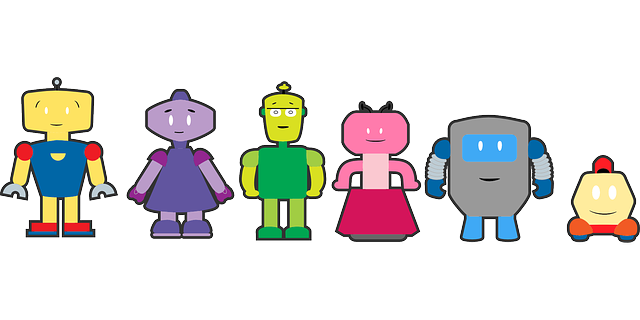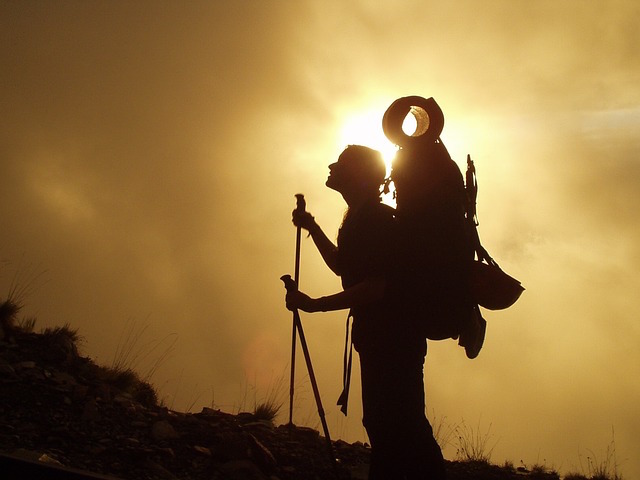Level 2 verbs – Unit 09

annoy: to bother (someone)
When I check my email, all the spam really annoys me.
The flies at the beach were annoying us so much that we had to leave.
book: to make a reservation
For our lunch I booked a table at the Japanese restaurant down the street.
It was impossible to book a room for this long weekend, so can I stay with you?
bruise: to cause a black and blue mark under the skin
He fell off his bike and bruised his arm.
He was lucky. All he did was bruise his lip.
compare: to say what is similar and different about two things
When I compare prices, Super Store’s are the lowest.
You can’t compare her present boyfriend to her last one.
contain: to have inside
That bottle of pop contains a lot of sugar.
The fish tank contained a variety of colorful fish.
develop: to become better.
I’ve watched you develop as a basketball player over the last few years.
She practices hard to develop her skills.
examine: to look at very closely
Let the doctor examine you to find out what’s wrong.
When the detective examined the scene of the murder, he found a single earring.
forgive: to no longer be angry at someone
It may take her a while to forgive you for lying to her.
Please forgive me. I should never have taken your bike without asking.
involve: to be part of (an activity)
Your problems don’t involve me, so find a solution yourself.
Were you involved in that disturbance downtown on Friday?
matter: to be important
It matters that she’s your sister and she needs help..
It doesn’t matter if I’m there tomorrow or not.
prefer: to choose (over something else)
What day would you prefer to go out for dinner?
I prefer to stay quiet and keep my opinions to myself.
raise: to grow, to mature
We were both raised in southern California.
They raise corn on that farm.
remain: to stay behind (when most have left)
There were only two chocolates remaining in the box.
He remained after class to talk to the teacher.
spoil: to go or make bad
She spoiled the surprise party by telling her sister.
By the time the fruit got to market, most of it had spoiled.
supply: to provide with needed things:
That company supplies the army with boots.
The teacher supplied the answers to the test the following day.
Pronunciation Exercise: Listen and repeat the above vocabulary on the audio file below.
Use these flashcards to help you study.
When you think you’re ready, do the following exercise.
Your Score:
Your Ranking:
© 2013 Ambien Malecot








